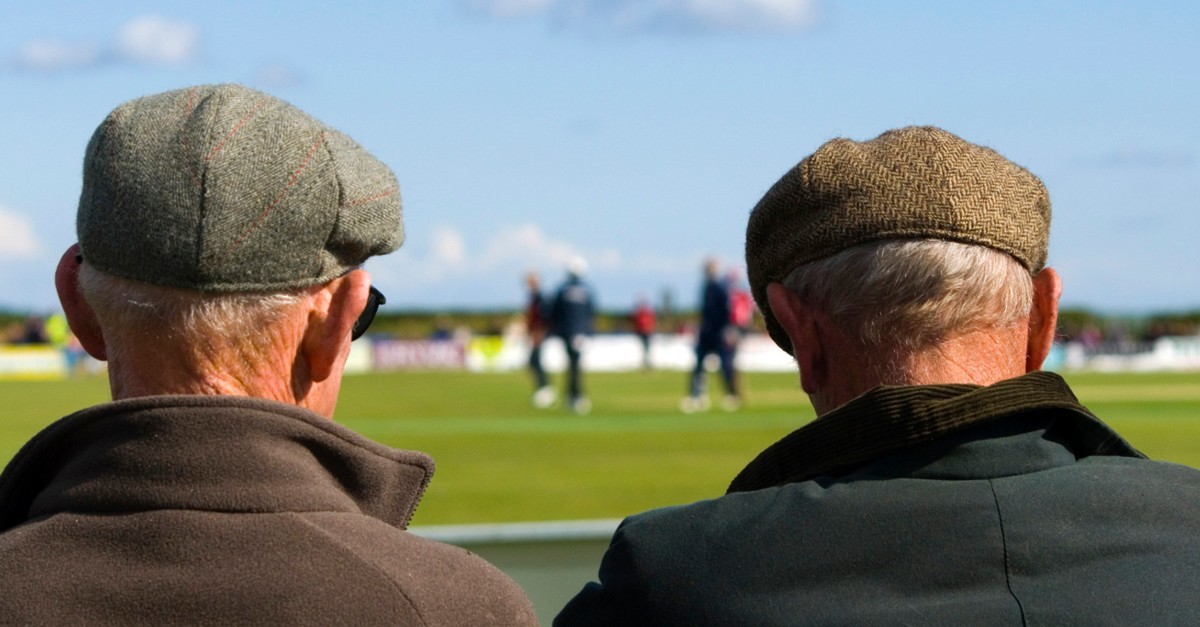Criminal defense of the elderly in Spain

One of the fundamental functions that justifies the existence of the Punitive Law, that is to say, the Penal Law –which according to inveterate opinion is the original law par excellence– is the protection and defense of the weakest and most vulnerable beings against the strongest and most aggressive.
In Spain, since 1976, the decrease in the fertility rate has caused a decrease in the population to the point that, statistically, the threat of negative growth for the year 2030 was foreseen; a threat that, at least temporarily, was averted by the arrival in the late 1990s of younger and more fertile immigrants. However, according to the last census consulted (2013), Spain continues to present a highly aged population with a projection of losing 4.6 million inhabitants by the year 2052, that is, 10% of its current population. According to the National Statistics Institute in 2013 life expectancy in Spain was in 82.5 years: 79 years for men and 85 years for women, with a population of over 65 years of almost 9%.
In November the corresponding United Nations Report on “State of World Population 2014” was published, where Spain appeared, along with Japan and Slovenia, as “the country with the oldest population in the world”…
Despite this, our Penal Code, without prejudice to the many hasty reforms, counter-reforms and adaptations that have been introduced under the lee of influences and political interests of various nuances, the protection of the clear vulnerability presented by such a large and growing population of our country continues to be neither regulated nor specifically and adequately typified.
In fact, our current Penal Code does NOT classify with the required aggravating determination the elements of the non-existent crime of “elderly mistreatment”… < /p>
A different thing happens with regard to minors and more recently to women, who, after a long struggle, have deserved due recognition of their right to specific criminal protection due to their special vulnerability. The elderly — I repeat — still NO!.
As an example let’s take art. 148 of the current text of the Penal Code (Title III of Book II on Injuries ), which in its numeral 3 includes as a particularly aggravated type: “If the victim were under twelve years of age or a person with disabilities in need of special protection”.
We propose that, precisely in said punitive text, aggravation be added not only when the victim is under 12 years of age but also when he is over 70 years of age or has been declared suffering inability…
Again, we are in art. 173 of the Criminal Code (Title VII of Book II on Torture and other crimes against Moral Integrity), which in section 2 refers to the conditions of “minors and incapables” as an aggravating punitive element, returning to forget the vulnerability of the elderly, a very large and growing population, urgently in need of similar penal protection against the abuse, ill-treatment and degrading treatment that they too frequently suffer from their supposed caregivers.
And what about the issue of “abandonment” regulated in art. 229 of the punitive text?, which in its section 1 again forgets about the elderly… focusing exclusively on the protection of minors or the disabled…
It would be necessary to clearly describe in the legal text what the circumstances of ill-treatment of the elderly may be and the following occur to me, among many other possible ones:
physical and/or moral abuse, negligence in care, health and cleanliness, abandonment, economic abuse, involuntary isolation, deprivation by the caregiver of objects and services to those that you have the right to and need for your comfort and/or peace of mind.
In the same way that a national telephone number has conveniently been provided to denounce and receive immediate attention in favor of battered women, it is also urgent and necessary that provide elderly citizens with a similar means of denouncing, protection and protection.
From the judicial point of view, in the same way that there is the possibility of requesting and obtaining protection and restraining orders in those cases that the concurrent circumstances so require in women mistreated in front of their aggressors, similar judicial protection and amparo measures must be granted to the elderly, with the strong support of a Prosecutor’s Office specialized in these issues of serious and daily incidence.
At the European Union level, Framework Decision 2001/220/JAI of the Council of March 15, 2001, was the germ of the protection of the victim in criminal proceedings, and more recently, Directive 2012/29EU of the European Parliament and of the Council of October 25, 2012, could perfectly endorse and transpose criminal law rules into Spanish domestic law, specifically highlighting the elderly as clear and main recipients of said necessary guardianship, protection and amparo, in the line initiated by Law 4/2015 of April 27, called the “Crime Victim Statute”.
20/01/2016






